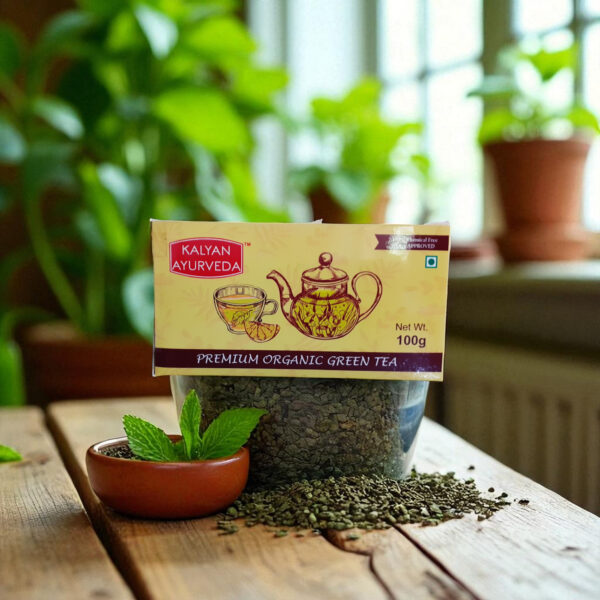Description
Green tea is a popular beverage made from the leaves of the Camellia sinensis plant. It is known for its numerous health benefits, unique flavor, and cultural significance, particularly in countries like China and Japan. Unlike black tea, green tea is minimally processed, which helps retain its natural antioxidants and beneficial compounds.
Key Components:
- Catechins: Green tea is rich in catechins, a type of antioxidant that is believed to provide many of its health benefits. The most notable catechin in green tea is epigallocatechin gallate (EGCG).
- Caffeine: Green tea contains a moderate amount of caffeine, which can provide a mild energy boost without the jitters often associated with coffee.
- L-theanine: An amino acid found in green tea that promotes relaxation and may counteract the stimulating effects of caffeine.
Health Benefits:
- Antioxidant Properties: The high levels of antioxidants in green tea can help combat oxidative stress and reduce inflammation in the body.
- Weight Management: Some studies suggest that green tea may aid in weight loss by boosting metabolism and increasing fat oxidation.
- Heart Health: Regular consumption of green tea has been associated with a reduced risk of heart disease and improved cholesterol levels.
- Brain Health: The combination of caffeine and L-theanine in green tea may enhance brain function, improve mood, and reduce the risk of neurodegenerative diseases.
- Blood Sugar Regulation: Green tea may help improve insulin sensitivity and lower blood sugar levels, making it beneficial for those with type 2 diabetes.
Green tea is a versatile and health-promoting beverage that can be easily incorporated into daily routines. Its rich antioxidant content and potential health benefits make it a popular choice for those seeking a natural way to enhance their well-being. As with any food or beverage, moderation is key, and it’s advisable to consult with a healthcare provider if you have specific health concerns or conditions.










Reviews
There are no reviews yet.